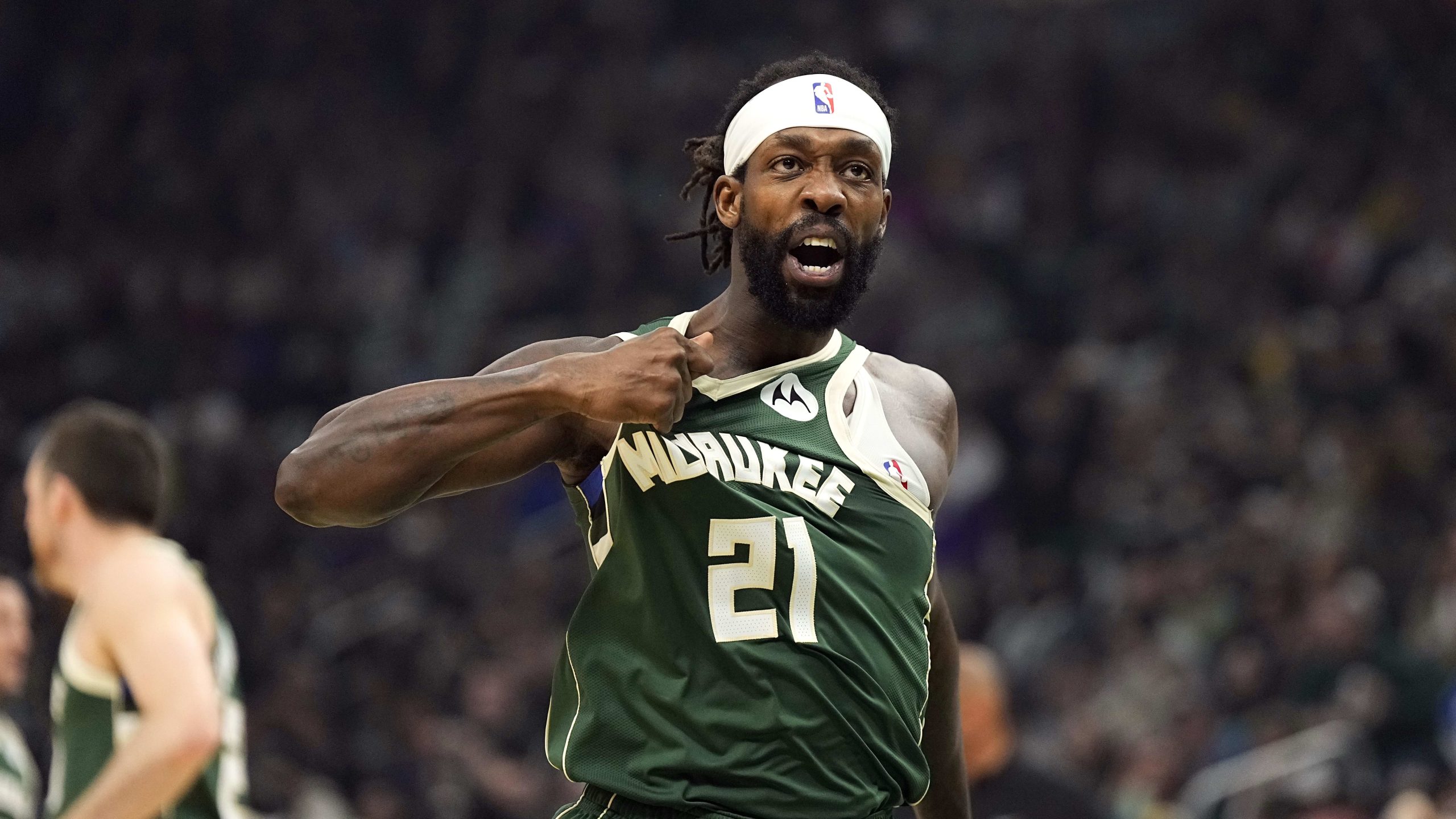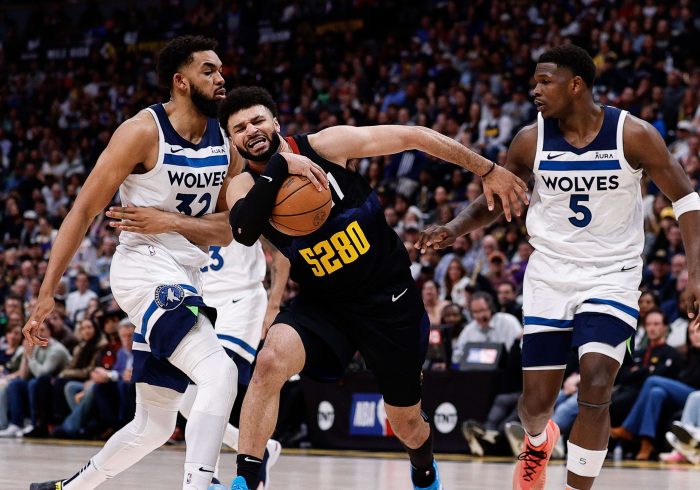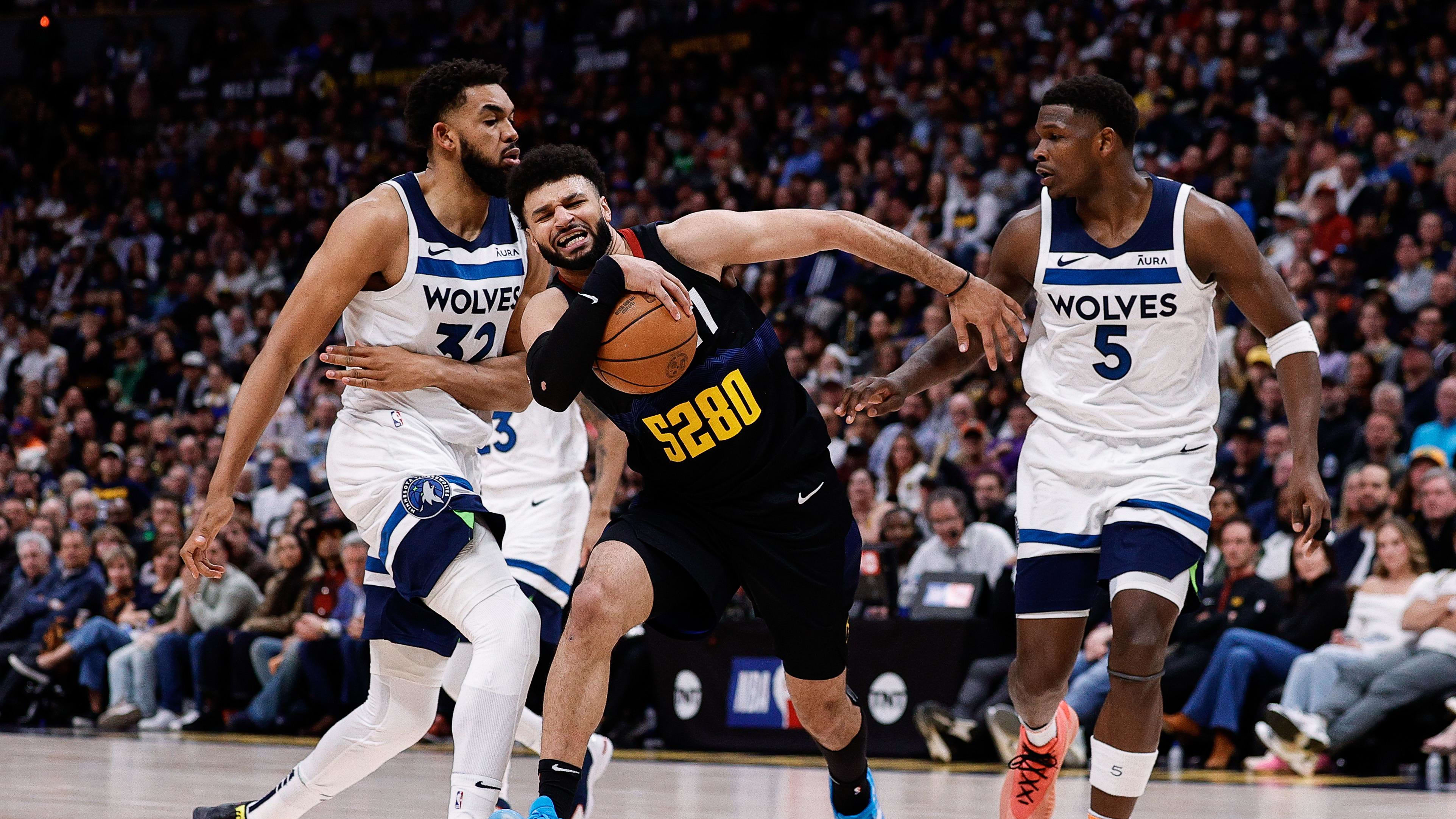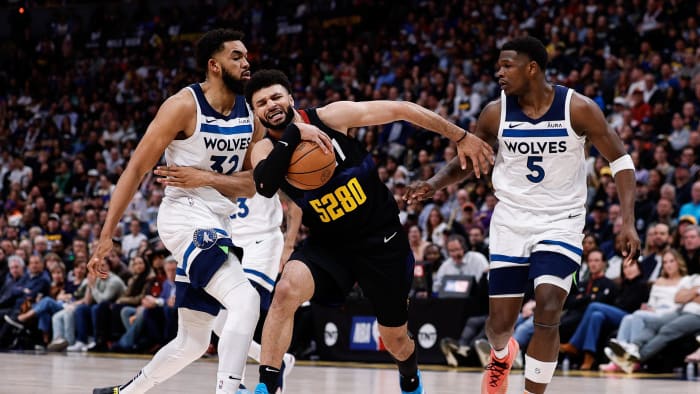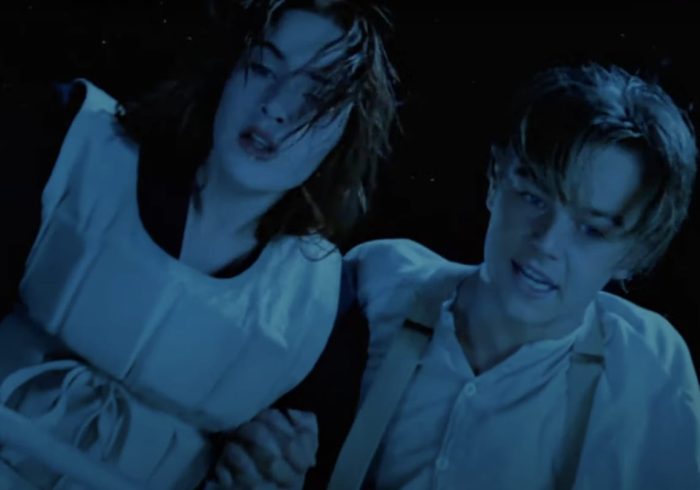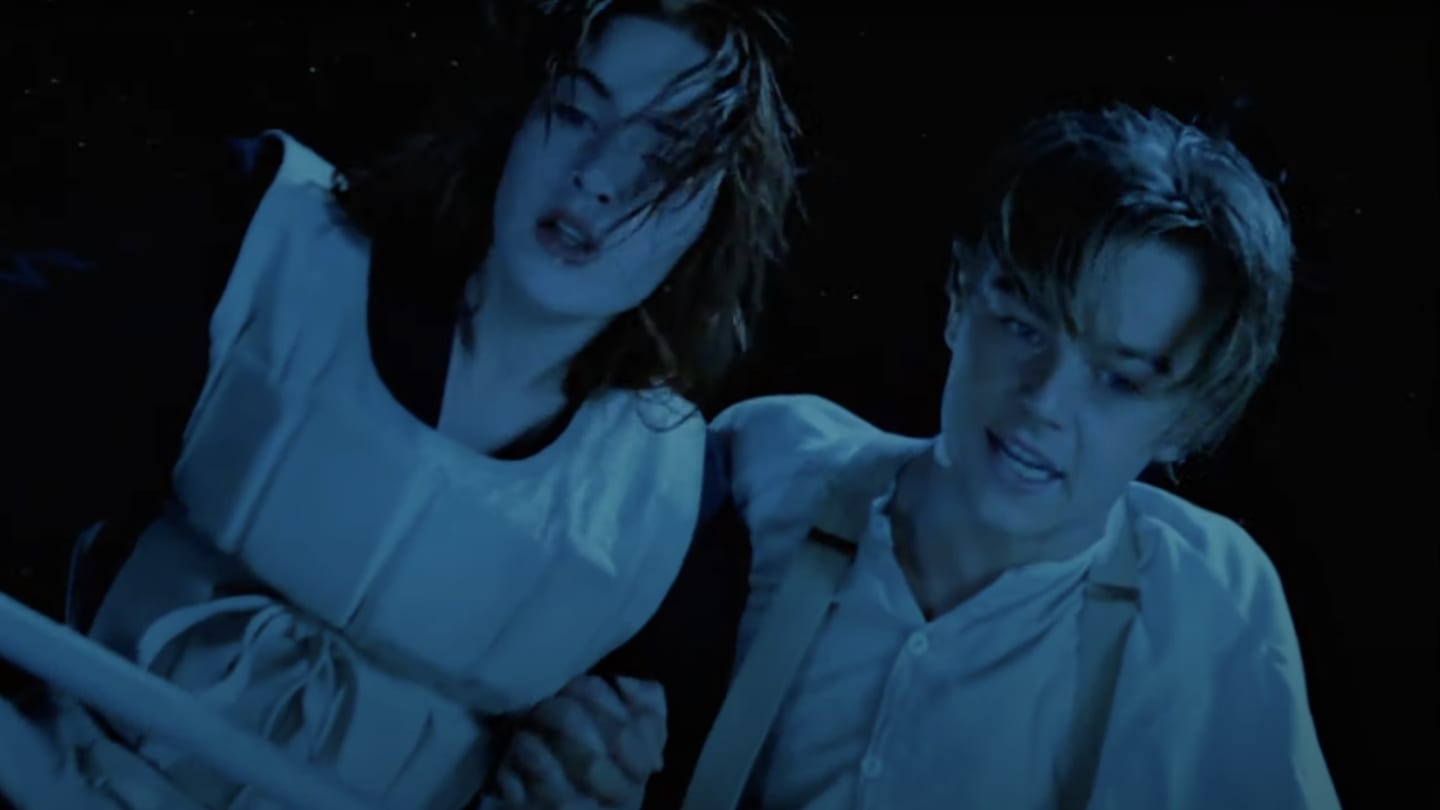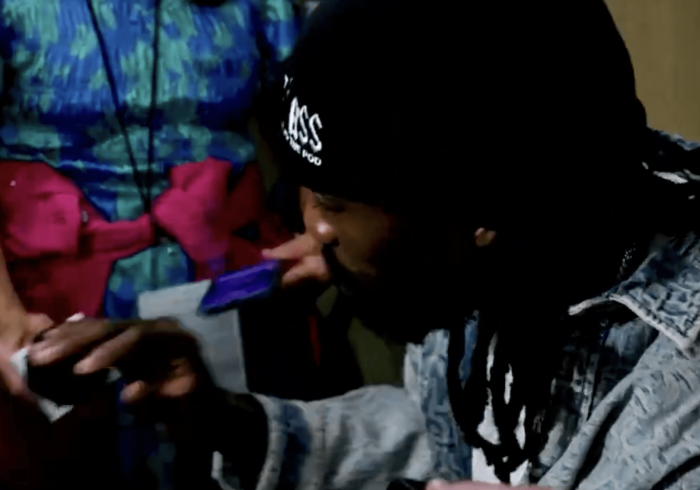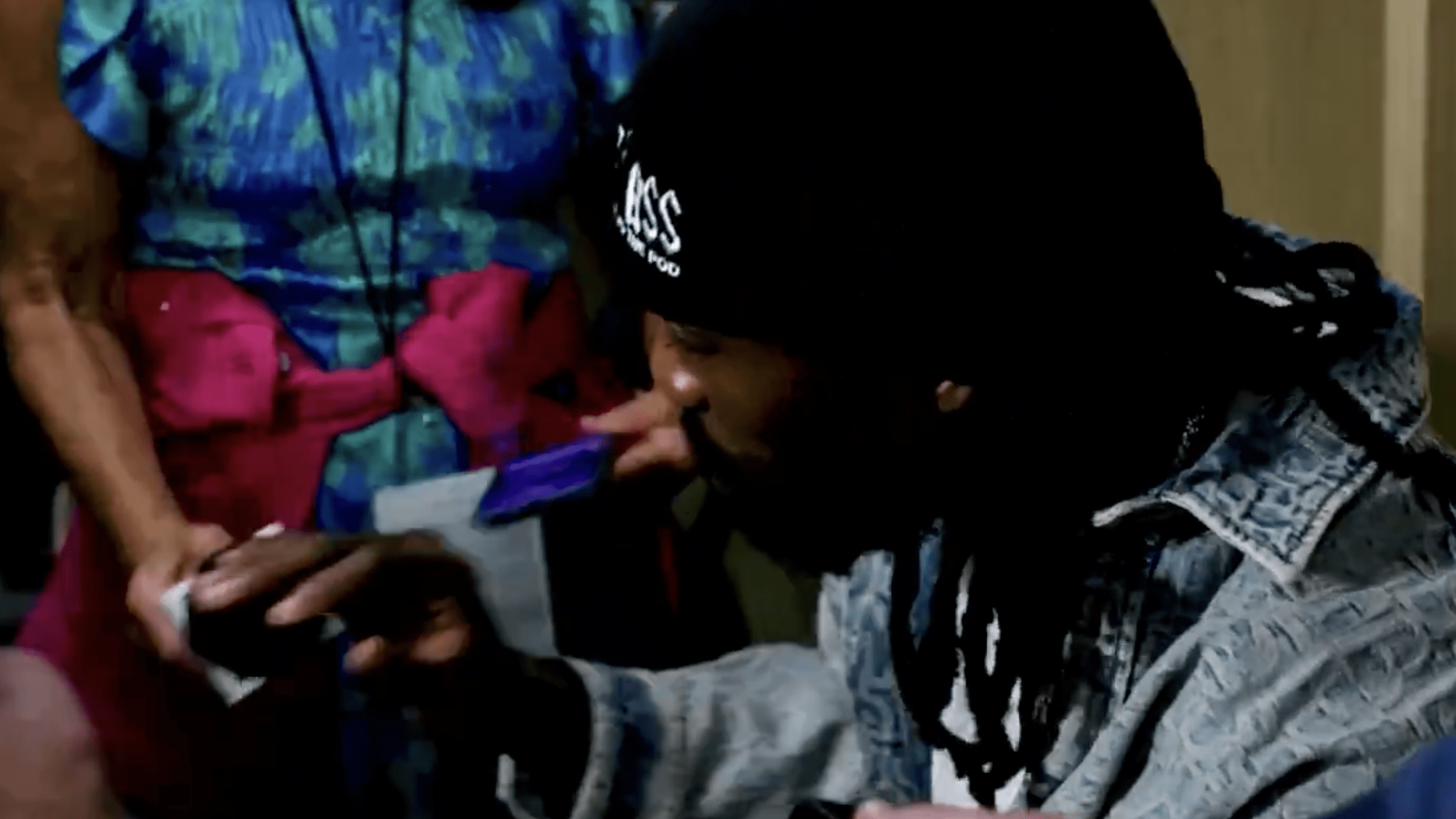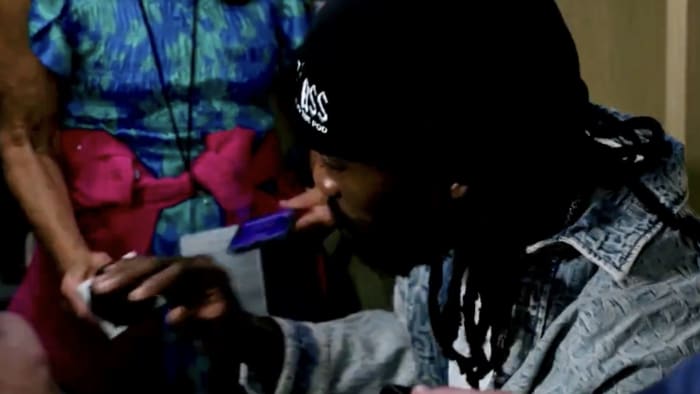ESPN’s public relations department issued a statement on Saturday afternoon denying a report that Milwaukee Bucks guard Patrick Beverley was banned from network programming.
The report, which came from Michael McCarthy of Front Office Sports Friday, indicated that Beverley had been banned from appearing on any ESPN shows after the Bucks guard ejected network producer Malinda Adams from his postgame media availability on Thursday night.
“There was an erroneous report that suggested Patrick Beverley was banned from appearing on ESPN. He isn’t banned and never was,” the statement from the network said Saturday.
Beverley’s verbal altercation with Adams came after she admitted to the Bucks guard that she did not subscribe to his podcast.
Beverley’s behavior during the media scrum, as well as during the game when he threw a ball at a group of Pacers fans behind the Milwaukee bench twice, was widely criticized in the aftermath of Milwaukee’s elimination from the playoffs.
Beverley apologized to Adams on Friday, she said in a post on X (formerly Twitter) Friday.
There is no word yet on any discipline for Beverley from the NBA regarding either of the two incidents.
